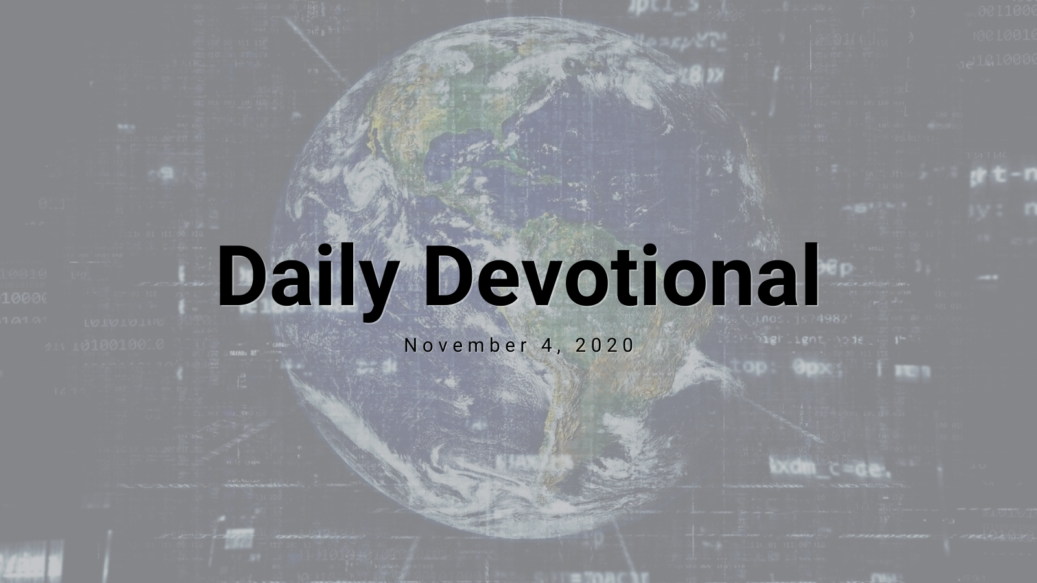Theme of the Week: What’s Wrong With The World? I Am
Bible Verse: “So when the woman saw that the tree was good for food, and that it was a delight to the eyes, and that the tree was to be desired to make one wise, she took of its fruit and ate, and she also gave some to her husband who was with her, and he ate” Genesis 3:6, ESV
Scripture Reading: Genesis 3:1-7
The serpent now becomes more brazen. He knows the woman is staggering. The wedge of doubt is working its way into her spirit. She is questioning what she had come to believe about God’s abundant care.
Satan closes in for the kill, openly challenging the authority of God. “You will not certainly die,” the serpent says to the woman. “For God knows that when you eat from it your eyes will be opened, and you will be like God, knowing good and evil” (3:4-5). Satan implies that God is jealously guarding his position of authority, which he doesn’t want to share with anyone else. But if Eve eats of the tree, he lets her think, she can attain the same level as God.
What exactly is the tree of the knowledge of good and evil? What did it signify to the original hearers? The phrase good and evil is synonymous with all knowledge. It means to aspire to knowledge on the level that only God has—omniscience. Biblical scholar Daniel Fuller says that to aspire to the knowledge of good and evil is to seek “that maturity which frees one from being dependent on someone else for guidance on how to act wisely.”1
The first humans were forbidden from aspiring to a knowledge possessed only by God himself, whereby they might consider themselves free from dependence on him. By this restriction, God is saying to them, “I have made you dependent on me for life, for wisdom. You work correctly only when you keep your connection with me. As soon as you aspire to be equal with the Creator, you lose all the good that I intended for you.”
We even have an acceptable name for this god of independence—individualism. The protection of individual rights and the freedom from tyranny are deeply rooted in our society, but we crave much more – individualism without limits. Robert Bellah’s masterful study on the American character, Habits of the Heart, found that freedom was the most resonant, deeply held American value. But the freedom he discovered was lopsided. We want to be left alone, to be free from other people’s values and beliefs, free from arbitrary authority in work, family and political life. Freedom is defined solely in terms of being free from something. We want rights without responsibility.
1 Daniel Fuller, “The Fall” (unpublished class lectures, 1972), p. 11.
From Discipleship Essentials (Revised and Expanded) by Greg Ogden. Copyright (c) 1998, 2007, 2018 by Greg Ogden. Used by permission of InterVarsity Press, Downers Grove, IL. ivpress.com, ivpress.com/discipleship-essentials
Copyright © 2020 Impactus | Promise Keepers Canada. All rights reserved.
About


